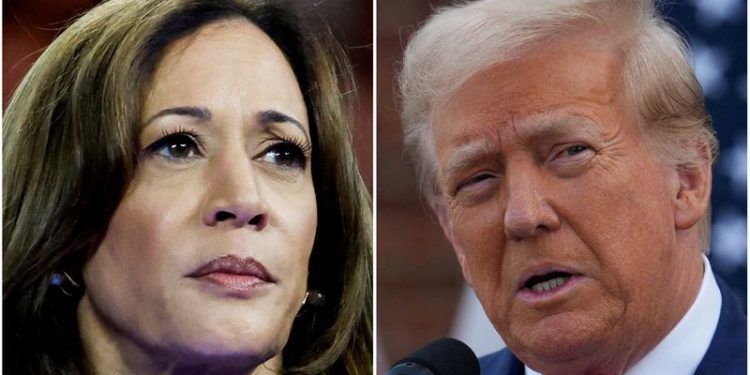Investing.com – The US election is likely to impact the economies of Central and Eastern Europe, the Middle East and Africa, and JPMorgan discusses the potential consequences.
The US investment bank has taken a look at four key policy areas impacted by the US presidential elections – tariffs, the dollar, oil prices and Ukraine – and how those would likely impact CEEMEA equities.
Looking at the 60%/10% tariffs on China/global on which the Republicans have campaigned, the bank thinks this will limit the volumes of and the pricing power of mid-tech manufactures, like Central Europe and Turkey.
Even if direct exports to the US are low from Poland and Turkey, to the extent that Emerging Europe is knitted into the industrial fabric of Europe, we expect the 10% tariff will hurt.
However, for commodity exporters, like South Africa and MENA, we think the tariff policy will have little direct impact.
On the 2nd round impacts, the 60% China tariff could redirect Chinese exports from the US to the rest of the world – importers, like MENA and South Africa, could be beneficiaries of cheaper Chinese goods that need a new destination.
Also, if the EU moves to limit imports from China, then Central Europe and Turkey could gain share in the European manufacturing mix as Chinese products are kept out. However, if the EU does not, then Central Europe and Turkey could lose production/exports as China shifts sales from the US into Europe.
Turning to the dollar, a Republican presidential win and tariffs was likely to strengthen the dollar.
“A stronger dollar has a straightforward impact on CEEMEA equities: good for USD-pegged MENA / bad for everybody else,” analysts at JPMorgan said, in a note dated Oct. 9.
South African equities are probably the most negatively impacted by USD strength followed by Emerging European and then Turkish equities. Historically Turkish equities has been quite sensitive to USD changes, but given the policy changes since July 2016, its correlation to global factors has declined.
Looking at oil, JPMorgan analysts said that most investors they have spoken to think Trump is broadly aligned with many GCC foreign policy objectives and that most GCC rulers would welcome a Republican victory … but one key Republican campaign talking point is to bring the overall price level back to pre-COVID levels and cut gasoline prices in half.
“We think there is a chance that we could see policy more geared to stable oil prices with some kind of cooperation (either explicit or tacit) with OPEC even at the expense of US production. A small chance, but a chance,” the bank added.
A Democratic presidency is likely to continue the existing policies which have allowed US energy production to rise by about 3.8 million barrels per day (total oil liquids) during the Biden Administration.
Finally, JPMorgan looks at the relation between Europe, and Ukraine in particular, and the US.
Trump’s promise to bring a swift halt to the Russia-Ukraine war likely implies accepting Russia’s control over most of Eastern Ukraine. It would tear up the strong post-WW2 consensus that international borders can not be changed by force and contradict the policy of many European and other North American NATO allies.
Trump’s potential cessation of Ukrainian military aid would exacerbate the divide between the US and many other NATO alliance members.
“We do not know if the new Trump Administration would support using frozen Russian assets to offset the costs of Ukraine’s ongoing defense or its rebuild, nor do we know if the cessation of US aid would come with the cessation of arms sales,” JPMorgan added.
A Harris presidency is likely to continue the current policy of ongoing aid to Ukraine with little likely change in the status quo.





